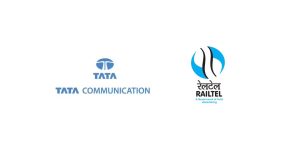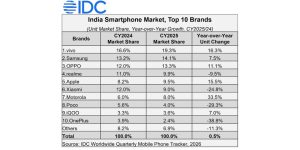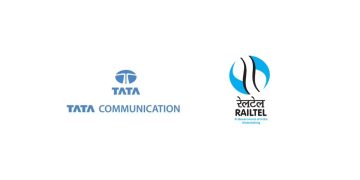In a significant development for the technology industry, the Government of India has recently amended its stance on the import of laptops and tablets. Earlier restrictions that had been announced and set to take effect from November 1 have been revised, allowing a group of 110 companies, including industry giants such as Apple, Samsung, Dell, Lenovo, Acer, and more, to resume their laptop and tablet imports without the previous limitations. Let’s explore this update and the implications for the tech market.
Government Amends Import Restrictions: The Government of India has updated its stance on laptop and tablet imports, revoking restrictions that were set to take effect from November 1.
Authorized Companies: A total of 110 companies, including major tech giants like Apple, Samsung, Dell, Lenovo, Acer, and more, have been authorized to import laptops, tablets, and personal computing hardware without the earlier limitations.
Initial Restrictions: The initial restrictions, announced in August, required companies to possess a valid license for importing HSN 8741 products, encompassing data processing machines and personal computing devices.
Industry Concerns: Major tech brands expressed concerns that the two-month notice provided by the government to shift manufacturing operations locally was impractical, potentially leading to supply disruptions.
A New Import Management System: The Indian government introduced a new “import management system” effective from November 1. This system enables authorized companies to continue imports but mandates the declaration of import quantity and value through a designated portal.
Ensuring Transparency: The declaration of import data serves to ensure transparency and monitoring while facilitating oversight.
Objective: The government’s aim is to maintain a trusted digital system while allowing technology leaders to meet the demands of India’s growing tech market.
Impact: This change is a significant development that benefits both the government’s agenda and the thriving tech industry in India, ensuring a continuous and seamless supply of laptops and tablets to tech-savvy consumers.
Conclusion
This move by the Indian government is a significant step that will alleviate concerns within the technology sector. The amendment reflects a pragmatic approach to the evolving tech landscape, where the rapid import of laptops and tablets plays a pivotal role in satisfying the needs of a burgeoning tech market. As companies like Apple, Samsung, Dell, Lenovo, and others continue to cater to India’s tech-savvy consumers, the nation’s IT industry can thrive without facing potential supply disruptions. This win-win scenario is set to benefit both the government’s agenda and the vibrant tech industry that fuels India’s digital ambitions.












































































































































































